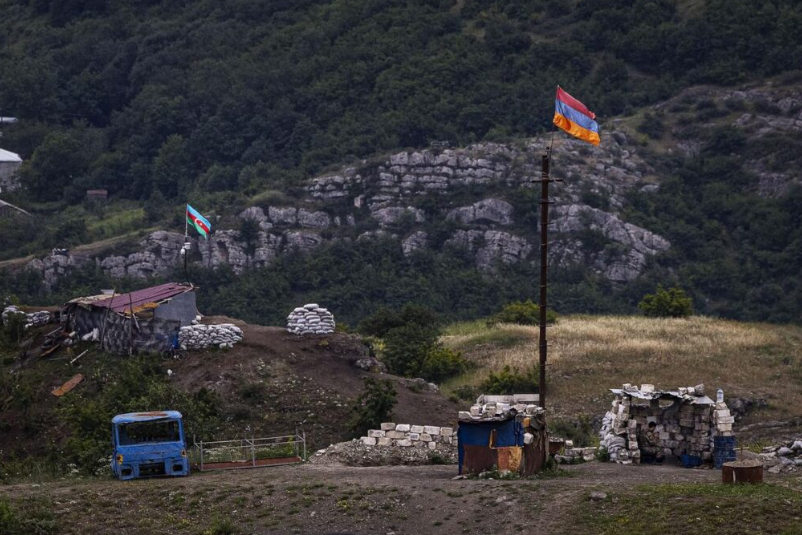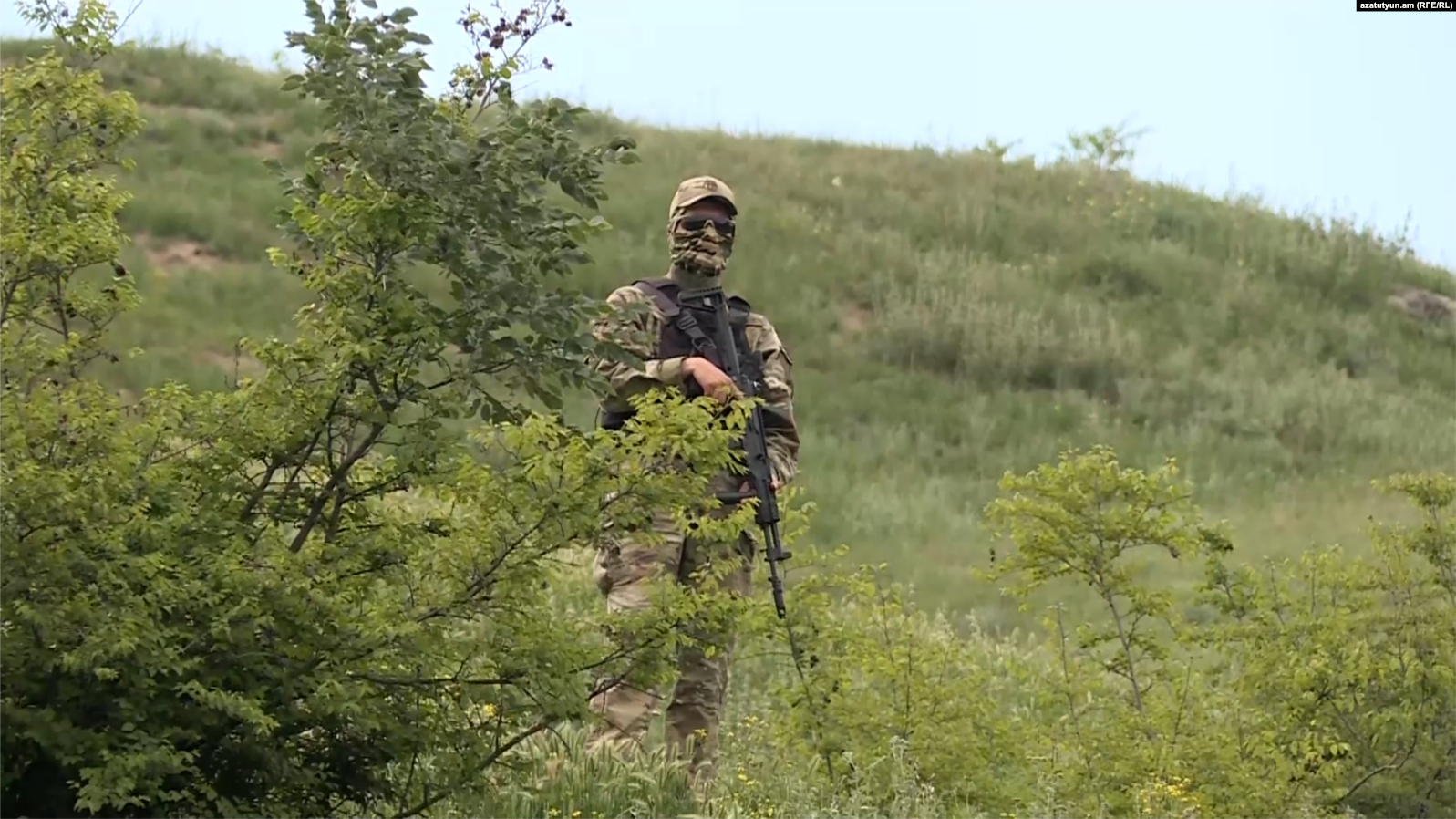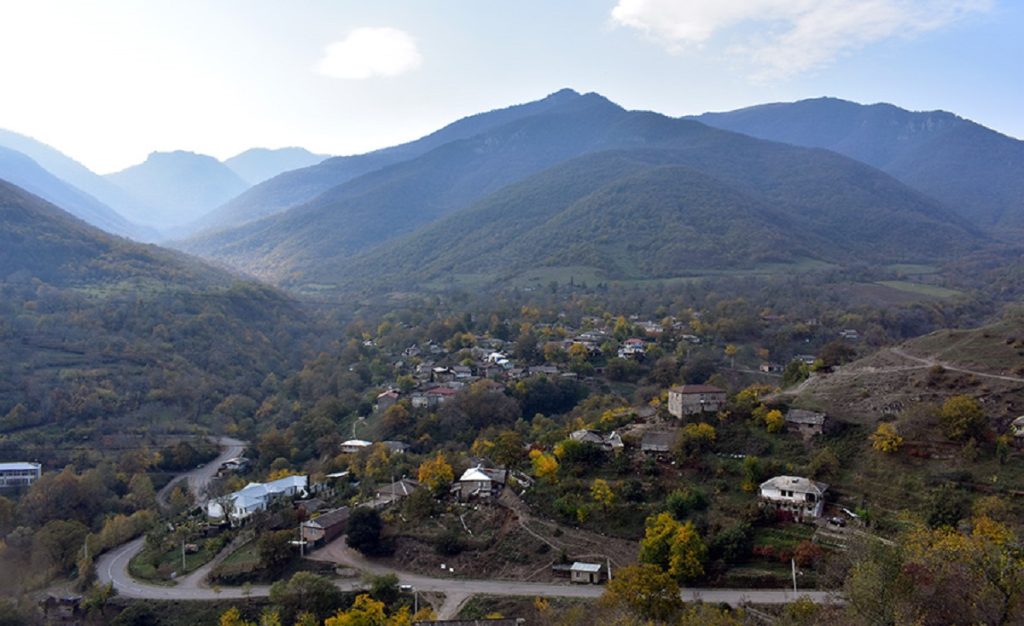Armenian government does not reveal compensation amount for border residents
Compensation for residents after demarcation in Armenia
Up to $100,000 in compensation is reportedly given to families who lost property after the border demarcation with Azerbaijan. This amount is rumored to be what residents of Kiran in Armenia’s Tavush region received, but the government has not confirmed this information.
Prime minister Nikol Pashinyan stated that details are not disclosed due to privacy concerns.
The government also refused to share information with the Vanadzor office of the Helsinki Civil Assembly, leading the organization to file a lawsuit against the Armenian government. The first court hearing is set for October.
The court will decide if the government can keep information on compensation amounts and recipients in Kiran private. Arthur Sakunts from the Helsinki Civil Assembly’s Vanadzor office said that residents of other affected areas need to know what to expect.
This is the current information, along with comments from political analyst Hakob Badalyan.
- “Blank shot”: Armenian political analyst on recent statements from Baku
- “Sign a peace treaty on already agreed terms”: Pashinyan’s proposal to Baku
- “Baku promised Moscow to delay signing the agreement with Armenia” – Opinion from Yerevan
State secret or personal data?
There are widespread rumors about compensation amounts in the village of Kiran, but residents refuse to discuss it openly or on camera.
The government has offered various reasons for keeping compensation details confidential. A few months ago, the prime minister stated that the information was classified due to “issues related to state border demarcation.” Later, he provided a different explanation:
“These programs are implemented under classified decisions. The decisions are classified because they contain personal data.”
Compensation principles
The Vanadzor office of the Helsinki Civil Assembly requested information from the government about compensation but was denied access, citing Article 8 of the Freedom of Information Law.
This article restricts access to information if it:
- Contains state, service, banking, or commercial secrets;
- Violates personal privacy, including correspondence, phone calls, and other communications.
Arthur Sakunts, head of the Vanadzor office, noted that the response does not clarify whether compensation is considered a state or personal secret.
Sakunts emphasized that simply labeling information as secret is not enough when it’s withheld:
“In each case, it’s necessary not only to declare that information is secret but also to justify the nature of that secrecy.”
He argues that no human rights-related information should be classified. Taxpayers have the right to know if their funds are used properly:
“It’s important to know the criteria and standards used to determine compensation amounts, not only for the recipients but for society as a whole.”
This is also crucial for residents of other border areas where demarcation will occur and similar compensation questions will arise. Sakunts believes:
“This will help us understand if compensation in other regions is proportional, whether there are differences in approaches, and if any principles or criteria were used to determine compensation amounts for lost property.”
Commentary
Political analyst Hakob Badalyan believes that if the government avoids providing information, it is up to civil society representatives to step in. He finds it difficult to assess the legality of the government’s refusal and suggests that experts should determine if there are valid grounds for it. Nonetheless, Badalyan emphasizes that the government must remain accountable:
“The issue isn’t just about the use of public funds. Accountability is crucial, especially regarding the state border. People need to know how it is defined and whether Armenia’s interests are being upheld.”
He doubts that withholding information is meant to conceal compensation amounts in Kiran from residents of other demarcated communities.
“I don’t rule anything out, but it seems unlikely that secrecy could resolve this. Armenia is small enough that citizens could obtain the information they seek, at least through personal interaction,” he told JAMnews.
Regarding the situation in Kiran, Badalyan does not view it as delimitation and demarcation in the traditional sense:
“Azerbaijan demanded: ‘This is ours; you must give it to us,’ and Armenia complied with that demand.”
He adds that if the process extends to the four villages in Tavush, it can only be loosely termed demarcation.
Badalyan notes that the recent agreement between the Armenian and Azerbaijani border delimitation commissions specifies that demarcation will consider the vital rights of residents in border areas:
“It clearly states that demarcation must ensure the vital rights of residents in border settlements. International norms also dictate that residents should not be forced to leave their long-held property as a result of delimitation and demarcation.”
He concludes that in the current situation, it is natural for Armenian authorities to try to withhold as much information as possible:
“They are attempting to avoid unnecessary attention. It is the task of civil and political structures representing public interests to obtain necessary information and explanations from the government. If possible, they should receive it in a non-public format and then, under their own responsibility, explain to the public how Armenia’s interests are protected and what issues exist.”





















